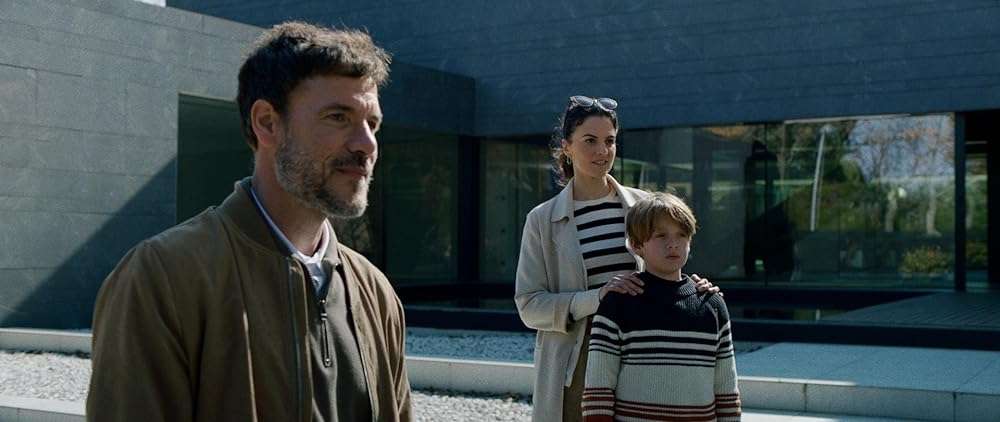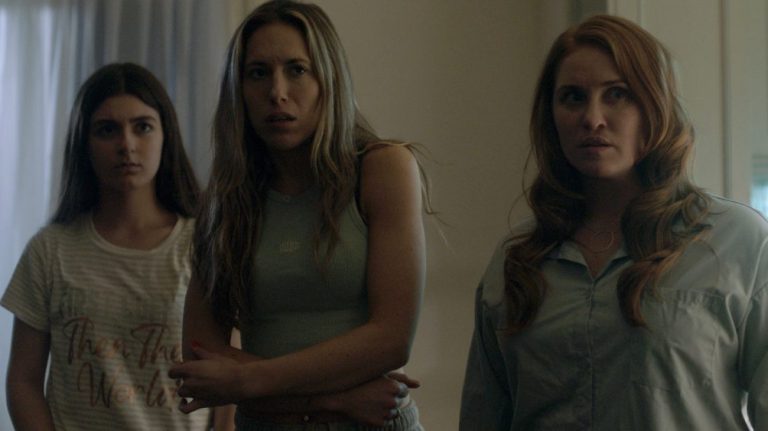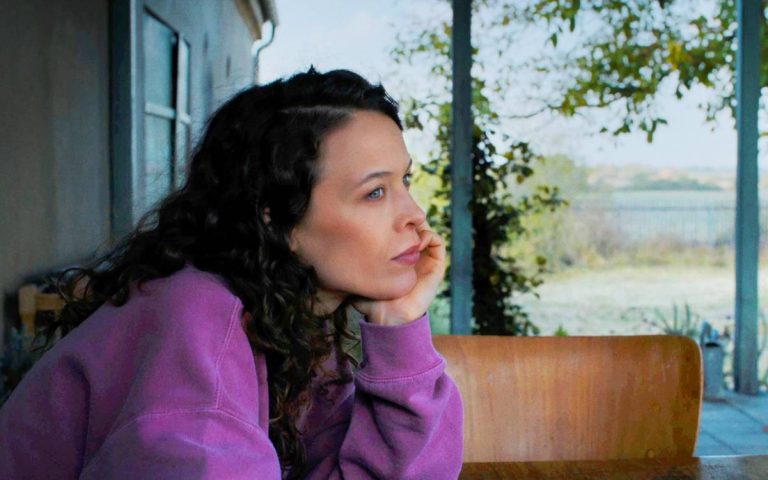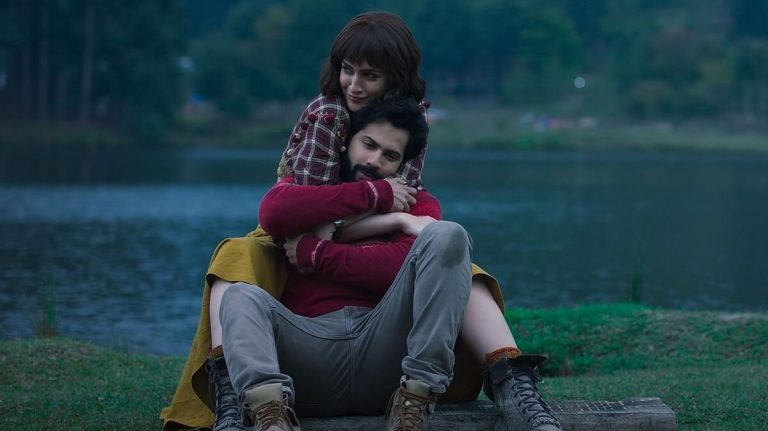The year 2024 undoubtedly brings to mind the world’s current inflation rate, which is deteriorating. Almost everyone worldwide, including immigrants, is scraping by, hoping for a decent income and shelter to survive. For many people, juggling multiple jobs and constantly fighting to put money aside is the norm. The lack of bare essentials seems to add more obstacles for the people who can’t afford these necessities, creating an atmosphere of a silent struggle with no lasting solution. Meanwhile, the well-to-do mostly remain oblivious and unaffected. “The Masterpiece,” a clever thriller by Alex Lora, offers something more than spine-tingling moments in its witty examination of this very subject.
Leo and Diana epitomize the ideal affluent couple intent on positively impacting the environment. For their purpose, a recycling joint is perfect. There, they stumble upon Salif, a scrap dealer collecting suitable items from the joint for his own collection. Salif strikes up a brief chat with the wealthy couples. Later, Diana offers to donate an unused dryer from her home. A visit to the couple’s home comes next, and Salif is joined by his son, Yousef. They had no idea that the encounter would shake their receptive outlook.
What fascinates me is how director Alex Lora uses slow pauses between the polysemous dialogues to indicate a form of sarcasm. The intended message is conveyed and executed effectively through the character’s patient dialogue delivery, which works wonders. For instance, we overhear Yousef lamenting that the carry-van is too small to accommodate any more goods. Salif pauses briefly before responding metaphorically, saying, “If it’s tidy, it fits.” After that, Salif gives the wealthy couple a menacing glare. This particular section has the potential to instantly grab the attention of the viewers.
Additionally, various socioeconomic classes are analyzed with respect to their thought processes and projections. As shown gracefully by Leo and Diana, the upper-class communities are pretty conscientious about how they display themselves in public. As the film progresses, the audience is taken on a mental tour of many luxurious elements, including posh outfits, interior decorative collections, and architecturally designed homes. True examples include Diana’s “Coke Zero” offer to Yousef and Leo’s explicit directive to keep the carry van outside the house. It would seem that wealthy communities have a set of guiding principles to keep their social status intact.

Through their own years of fighting for survival, the lower-class population’s perspective on the upper-class community can be observed. Over the years, Salif has become nearly immune to the backlash from the wealthy, but he certainly knows what it’s like. However, he still possesses the admirable traits of a decent man who treats everyone with fairness and dignity. On occasion, he outshines them. An excellent illustration of this is the scenario in which Salif chooses to adopt a discarded bike. Diana has a strong emotional attachment to the bike because of her father, so she decides not to give it to him. Regardless of the decline, Salif swiftly determines to fix the bike.
In an in-depth view, director Alex Lora wants us to know that the younger generation’s trajectory has been impacted by the passage of time and changing circumstances. Standing as a symbol of the new generation, Yousef has prepared himself intellectually and educationally. Diana tells Leo the value of a painting by changing her language, revealing that she is a polygamist. Yousef tells his father about it since he understands what she’s saying, which further thwarts her cunning plan. In addition, Yousef is quick to offer his dad advice whenever he senses that Leo or Diana are heading in the wrong direction. Here, we are exposed to a debate of witnessing which social class community would win the mind game. The outcome is best kept hidden.
In terms of technical aspects, the minimalist sound design by Jaime Aydillo accomplishes its goal of creating an anxious experience that complements the film’s theme. Additionally, filmmaker Lora’s excellent editing adds to the narrative suspense. Kudos to Babou Cham, who brilliantly plays Salif and gradually fools the audience by hiding his decision-making process. With the aid of a witty screenplay, viewers are also up for a psychological adventure that will be unforgettable.
“The Masterpiece” was awarded the Grand Jury Prize for Best Short Film at 2024 Sundance. It is a brilliant short that is able to conceal its several layers of social themes within the span of twenty minutes. Elements of greed, racism, poverty, and social status are depicted on the screen for viewers to evaluate the film based on their own social lives. Whether it is Leo’s greed for money, Diana’s adamant wishes, Salif’s importance for respect, or Yousef’s will to succeed, everyone has an objective to gain and lose here. Could this be filmmaker Lora’s answer to the 2019 South Korean film “Parasite”? It is a definite yes for me.
![Feels Good Man [2020] Review – An Entertaining Documentary on the Zaniness and Palpable Perils of the Internet Culture](https://79468c92.delivery.rocketcdn.me/wp-content/uploads/2021/02/Feels-Good-Man-2020-768x405.jpg)




